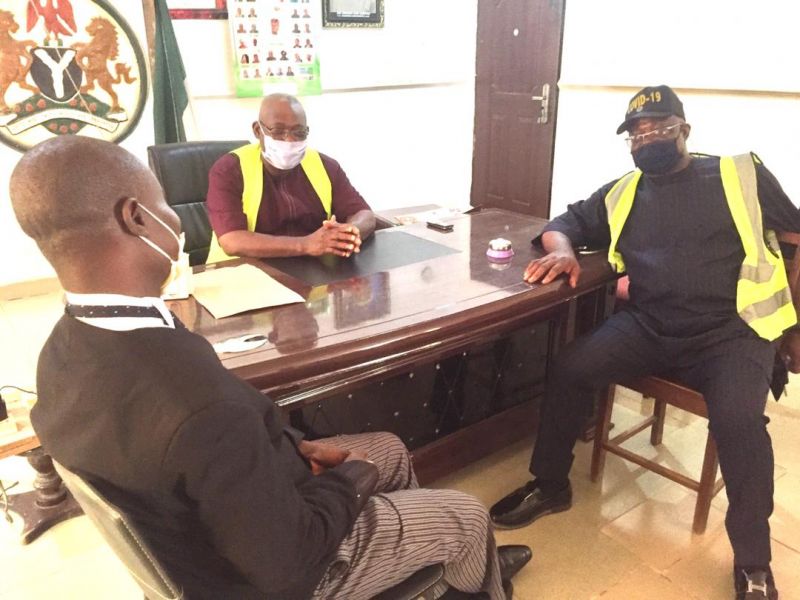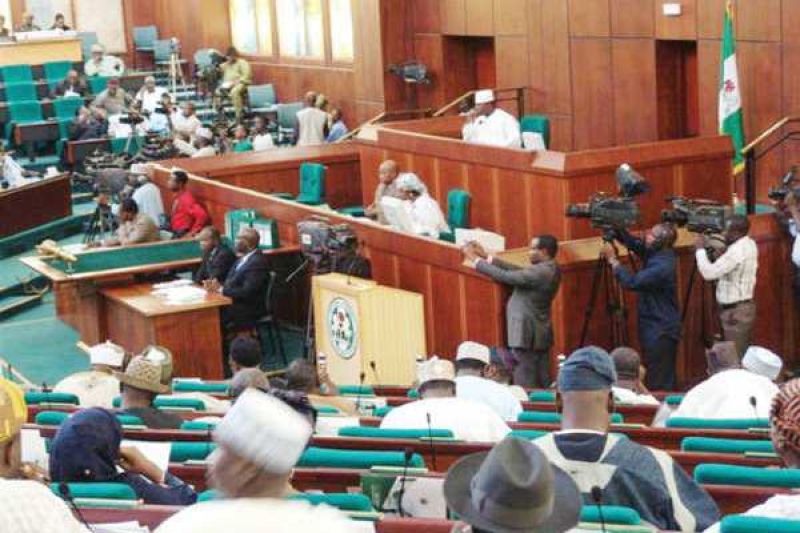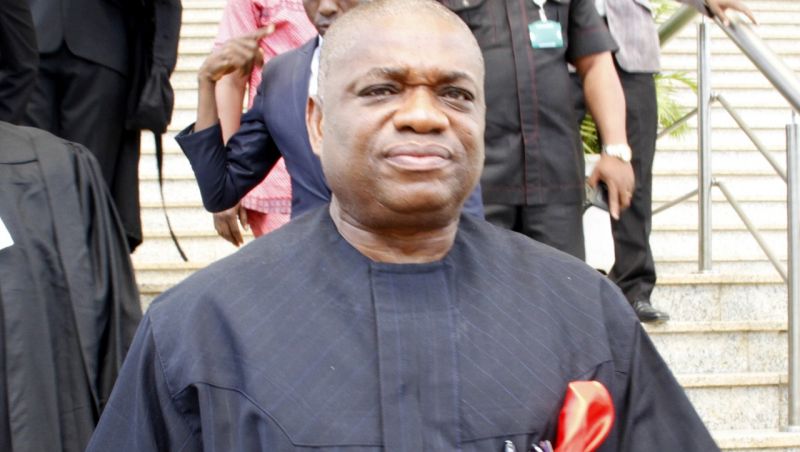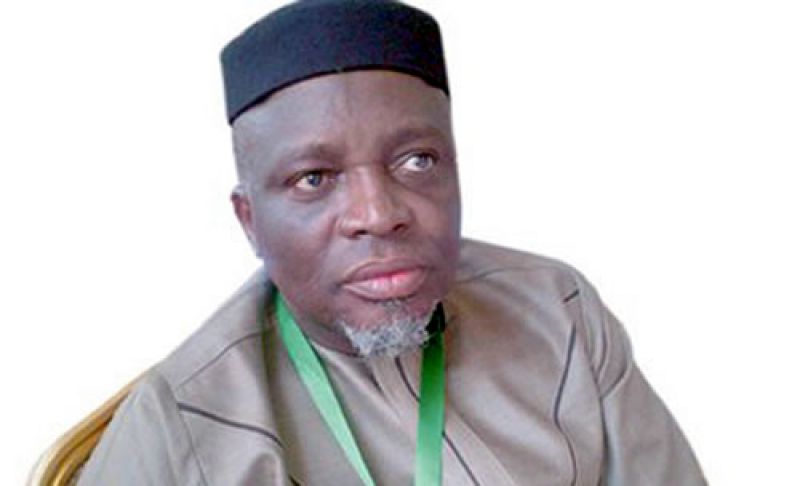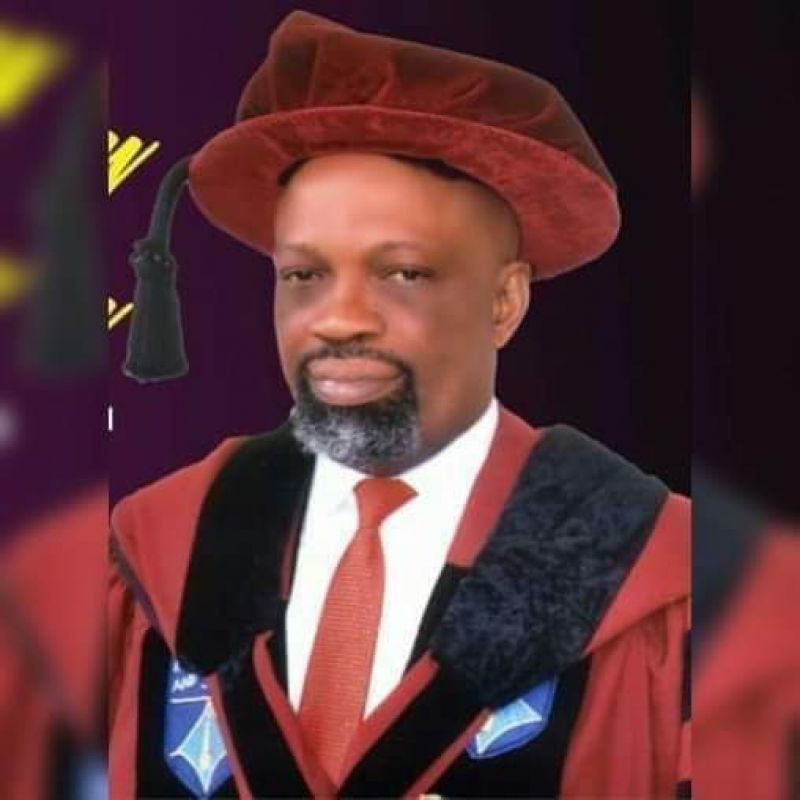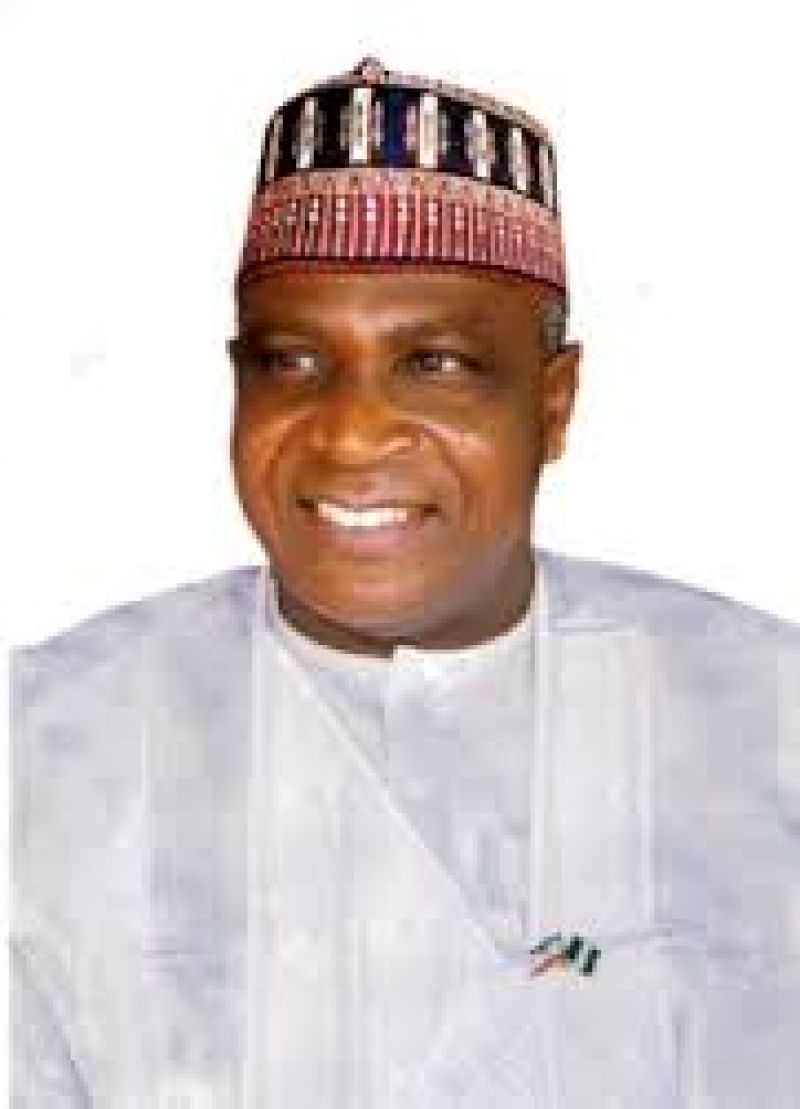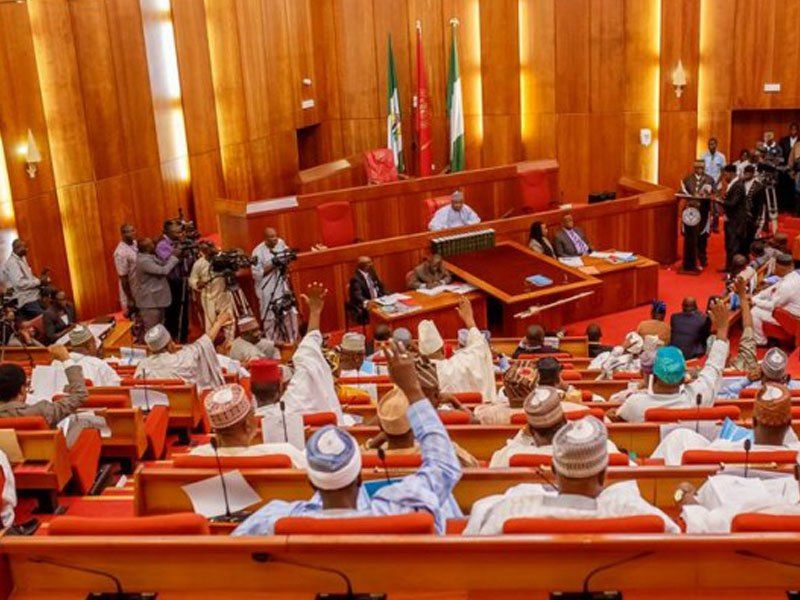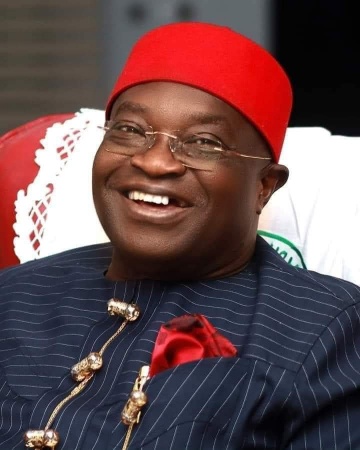My grouse against Ihejirika
Posted by Uche Ezechukwu | 10 years ago | 3,095 times

For weeks now, the nation has been agog over the so-called revelation by the Australian self-appointed do-gooder, Dr. Stephen Davis, to the effect that he was informed by Boko Haram bosses that two prominent Nigerians are their key sponsors. The first culprit, according to Davis, is Senator Ali Modu Sheriff, former governor of Borno State and the retired General Azubike Ihejirika, the immediate past Chief of Army Staff. The revelation has set off a billow of heated and angry debates across the country, to the effect that the tepid efforts by the government to tackle the terrorists seem to have been largely overlooked by the polity, especially in the Northern parts of the country.
It is difficult to find anything new to add to the raging war of words that has been elicited by the interview which Dr. Davis had granted over the issue, except to say that the so-called revelations would not have attracted as much attention had Ihejirika’s name not been thrown in the bargain. After all, linking Ali Modu Sheriff almost seems like a deja-vu, given that it was under his charge that the group gained ascendancy in Borno state. At the time, a commissioner in his cabinet had been fingered as being a very big supporter, if not the conduit of support, for the Boko Haram, which admittedly had not assumed violent dimensions then, but which transmuted into violence with the judicial murder of its leader, Muhammed Yusuf, while in the police custody, in Maiduguri.
In fact, most knowledgeable Nigerians have tended to link many programme and ascendancy of Boko Haram – at least during its infancy – to the erstwhile Borno governor. Therefore, when his name popped up again, courtesy of Dr. Davis, it did not raise many eyebrows. It was, however, significant that the ‘revelation’ coincided with his cross-over from the APC into the PDP, and who does not know that APC has a distinction in public opinion manipulation, having also hired a reputable PR company for that purpose.
However, Davis over-reached himself by naming Ihejirika, the man who is very much hated by the North, on account of the way the military under him had allegedly fought the Boko Haram with gusto and unequalled enthusiasm. This was the man whom the Northern Elders had threatened to drag to the International Court of Justice at The Hague on the charges of genocide against the North, which many elite Northerners had said, is one and the same as the fight against the Boko Haram. Significantly, the respected former head of state, Muhammadu Buhari had declared that the fight against Boko Haram is a fight against the North, and very akin to the pronouncement of Murtala Nyako, the impeached governor of Adamawa State as a pre-meditated genocide against the North by the Jonathan administration. To all intents and purposes, Ihejirika was a doubly marked man. The Boko Haram must be raging against him because of the havoc he wreaked on them; the North is angry with him for what they see as the indiscriminate and often very high handed activities of the military under him, which they alleged did not make much difference between the Boko Haram terrorists he was fighting and the hapless communities which were occupied by the terrorists. The general anger of the North seems to have been that Ihejirika’s army termed everything moving in the areas that Boko Haram insurgents were found as terrorists and carried out a scorched-earth policy against the entire communities. The sleepy Baga was a case in point.
Because Ihejirika, ab initio, had been a much hated man all across the North, when his name unexpectedly popped up, in a circumstance that would have been derisively dismissed, it was accorded a credence that it did not deserve in any form. It also hardly mattered that the personality, motivation and mental condition of the person making the revelation, as well as his sponsors are all questionable. (Many Nigerians can guess who Davis’ sponsors are). At least the Aussie, who as Nigerians were later to learn, had been contracted by the national intelligence high command during the late Musa Yar’Adua presidency to negotiate with the Niger Delta militants as a prelude to obtaining the object conditions that brought their insurgency to an end. It is, however, noteworthy that Mr. Davis has reportedly insisted that his involvement with the Boko Haram was not at the instance of the federal government. He reportedly said that he had gone on his own to the Boko Haram to see the possibility of securing the release of the abducted Chibok girls. He unequivocally said he was not hired by the federal government to do the task which the several high ranking personalities and groups had not been able to accomplish. He can as well tell the marines that he had on his own, waltzed into the Sambisa forest and without any powerful introductions, welcomed with open arms by Boko Haram.
Dr. Davis must take Nigerians for imbeciles as to expect them to believe his tale. In his naiveté, he had assumed that Nigerians would believe that he was not linked up with the Boko Haram by individuals who enjoy the supreme confidence of the group. The truth is that whoever linked Davis to Boko Haram must have been the source of the naming of the much-hated ‘sponsors’ of Boko Haram. That person or persons must have a lot of axe to grind with the government as to wish to throw this sabot into the wheels of public confidence, now of all moments. Does it not stand to reason that if the Boko Haram bosses had trusted Davis so much– a relatively unknown foreigner – to the extent of divulging the sources of their sponsorship to him, then he must have been working also for the real sponsors of the group who had sent him? In other words, as the saying goes, he must have been worshipping at the same shrine with the terrorists.
Is it not safe to conclude that as there was no element of success at the taunted object of the Davis-Boko Haram entente, which was the release of the Chibok girls, the real motive of the contact must have been to release these names and cause the current disruption that is brewing? Even readers of spy novels would see this as a very cheap plot. Because no group in the world would ever divulge the source of its sponsorship to anybody, the ‘information’ that Dr. Davis is flaunting is completely nonsensical. Worse still, if he was ever given such a piece of information by the Boko Haram, it clearly means that they had seen though his naiveté and had willingly made him a conduit of the diversionary information that would serve the interest of the group and their real sponsors as is currently the case. In summary, linking the sponsorship of Boko Haram to General Ihejirika is clearly over the bar.
Having reasoned that Ihejirika could not have been guilty as accused by Dr. Davis, I hasten to add that my thesis is governed by commonsensical reasoning that can be applied across the board and accepted by even his harshest enemy, and not as part of this frenzy to defend a kinsman. Having said that, however, I wish to state here and now, that I have a big grouse against the former army chief – a grouse that could even give him a vicarious responsibility for the present successes of Boko Haram in their war against Nigeria. Igbo people have a proverb that when one seriously wishes to trace the source of a murder, the investigator must search out the blacksmith that had forged the murder weapon. To that extent, Ihejirika and his colleagues in the other military arms, through their different acts of omission or commission, must share the hugest part of the blame for the current successes of Boko Haram as well as the putty which it is smearing on the face of the nation. This is why:
For the last three years of so, complaints by the troops about their condition have moved from murmurs in the barracks to loud complaints, including demonstrations in the streets, that are not usual with soldiers. There have been stories of denials of legitimate ration and other allowances to the deserving, in contravention of what had been an age-long military tradition. There have been allegations of allowances that are due to officers and men that served in peace-keeping operations being denied them, even when such payments were alleged to have been duly remitted by the concerned international authorities.
Those complaints had first started as whispered allegations, but had, like a pregnancy, become impossible to conceal as they took the life and size of their own. Stories of crashed morale have been rife.
If the complaints had been limited to the deprivation of just allowances and other emoluments, it could have become condonable but soldiers have been openly complaining against the inadequacy of the necessary equipment to prosecute the battles against the present enemy. Consequently, this military that has been revered by friends and feared by enemies has suddenly become a butt of everybody’s joke. For what is a soldier without the equipment that makes him stand tall over the enemy. It is heart-rending to keep harping on the fact that the once proud military had to be placed in the disgraceful situation whereby, instead of standing up against a rag tag group like Boko Haram, they had to take fright and flee into a neighboring country.
If we refuse to believe the likes of Governor Shettima of Borno State who pointed out that our military was less armed and less motivated than the Boko Haram, and corale him in many stinking epithets, we cannot also say that the spouses of soldiers who marched recently against the conditions under which their husbands fight and die, are ignorant. He who feels it knows it, definitely. Recently, the loquacious chief of defence staff, Alex Bade has, after boasting without basis that he would rout Boko Haram in a few months but had to swallow his words now that his own community has been captured, recently admitted that they did not have the right equipment to face up to the enemy. And you ask: why not?
However, the grouse of most Nigerians is that this season of locusts for our soldiers and civilians who have been scourged by terrorists corresponded with the season of opulence for General Ihejirika and his other colleagues. One needs to go to Ihejirika’s village in Abia State to see how he has converted his country home into a Disneyland of sorts. Yet, Nigerians had never known Ihejirika as a wealthy man nor a fortunate officer who, like the late Biafran leader, had fortunes bequeathed to him by a billionaire father. Of course, Ihejirika is only a metaphor to the situation whereby the military bosses have continued to live in opulent castles like 16th century French kings while their troops languished in squalor and neglect, lacking the most basic tools of their trade.
One is not categorically alleging that Ihejirika and his colleagues had converted the resources that would have been used in purchasing the arms and equipment which our soldiers lack for their own big tastes, but it is difficult to overlook the incongruity of a wealthy and opulent general when his troops are eating grass and fighting with bare hands. It is even more insensitive of Ihejirika to be reportedly eyeing the governorship of Abia State, barely months after leaving the post of an army chief. I have managed a gubernatorial campaign in Igboland and am aware of how stupendously expensive the adventure can be. Ihejirika, as an army general cannot be going into such a venture without knowing what it would take. In other words, he has the billions which are needed to run a gubernatorial campaign and win. And if he does, from where did he get them?
This Neroic tendencies of the man who is currently in the eyes of the storm over what he definitely did not do, creates the impression of a man who cannot be trusted. Did he sponsor Boko Haram? A resounding NO! Did he and his colleagues contribute to the sore pass where we are now? A deafening YES!
Arthur: Uche Ezechukwu
Originally published by Vanguard in Capital Matters
Readers Comments
comment(s)
No comments yet. Be the first to post comment.
